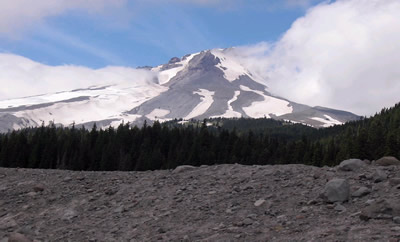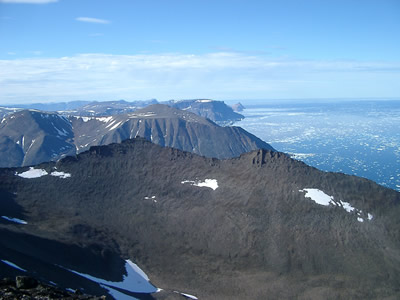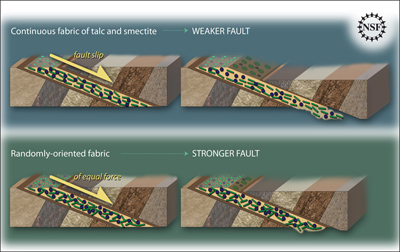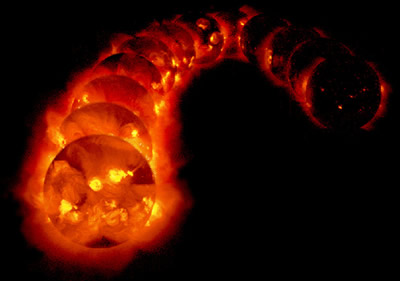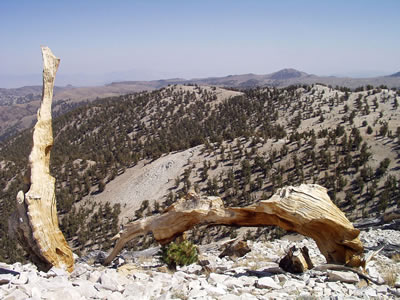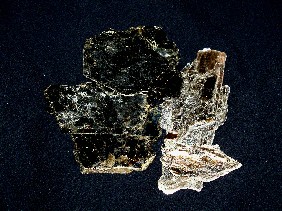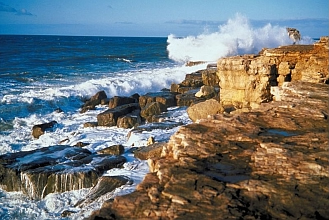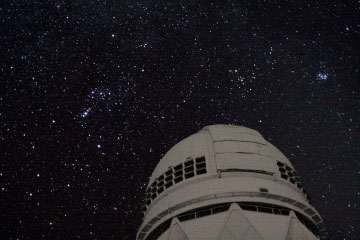
Credit: J. Glaspey and NOAO/AURA/NSF
International Year of Astronomy Kicks Off With Strong Support from the National Science Foundation
News story originally written on January 15, 2009
The grand opening ceremony of the International Year of Astronomy 2009 (IYA 2009) is being held in Paris, France, on Jan. 15 and 16, 2009. The National Science Foundation (NSF) has devoted millions of dollars to underwrite IYA 2009 activities.
IYA 2009 is a global celebration of astronomy and its contribution to society and culture. There will be a strong emphasis on education, public participation and the involvement of young people, and with events at national, regional and global levels. Representatives from more than 135 countries are already involved, forming the world's largest ever astronomy network.
NSF is involved in the Galileoscope Project, an official cornerstone project of IYA2009. The Galileoscope will enable children to experience observation through a great yet affordable ($10/each) telescope. The Galileoscope creates a true-color corrected view through a high quality eyepiece in a telescope with a design ideal for looking at bright objects like the Moon and planets. "Hands-On Optics" teaching kits are part of a 4-year NSF-sponsored project used by over 20,000 students nationwide, mainly in after-school settings.
NSF has contributed more than $2 million for the production of "400 Years of the Telescope," an interactive, multimedia project that will provide a set of informal science learning experiences, enabling the public to participate in real and virtual telescope experiences, understand the far reaching advances that the telescope has made possible, and discover how technology, science, and society are interconnected.
NSF's National Optical Astronomy Observatory (NOAO) and representatives of the International Dark-Sky Association (IDA) are working together on The Dark Skies Awareness Cornerstone Project, which features three citizen scientist programs: GLOBE at Night, Great World Wide Star Count, How Many Stars. These campaigns help scientists map light pollution globally while educating participants about the stars. Each provides opportunities for you to get involved! Check out the above web sites and start observing!






